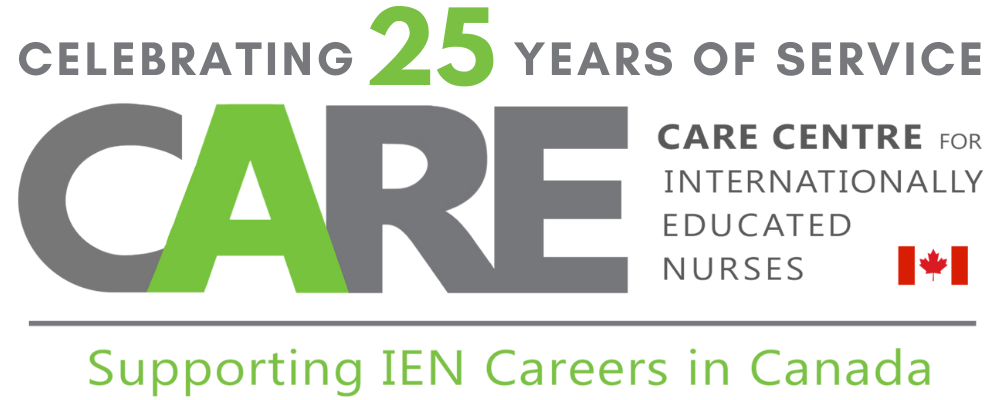Navigating the Canadian Healthcare System: Why IENs Should Register for PASS
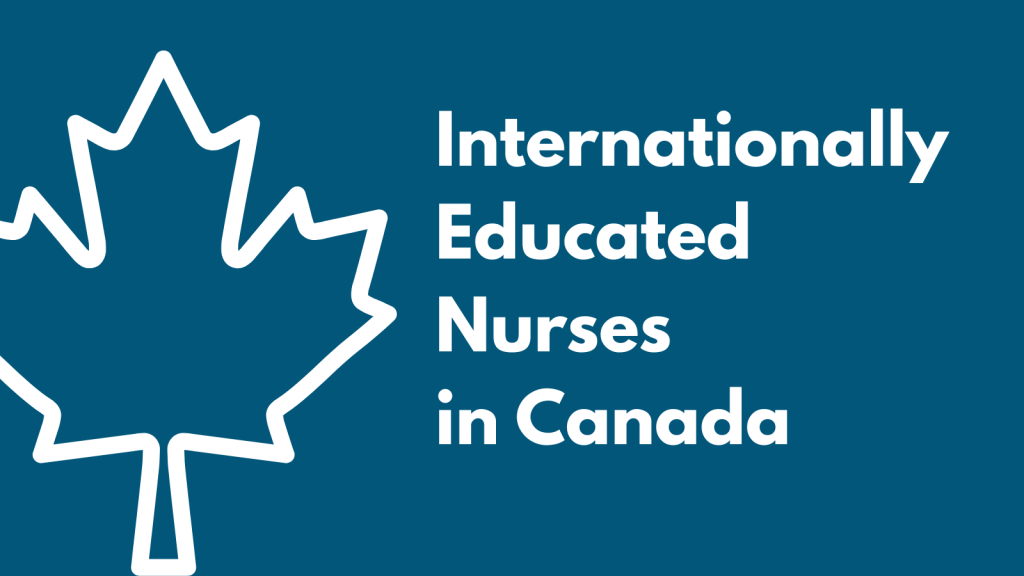
As an Internationally Educated Nurse (IEN) looking to start a new career in Canada, navigating the complex health care system can be difficult. With a high standard of care and diverse opportunities, Canada is an attractive destination for many nursing professionals. However, making a successful transition requires more than just excellent clinical skills – it […]
VIDEO: How Internationally Educated Nurses Can Thrive in Canada
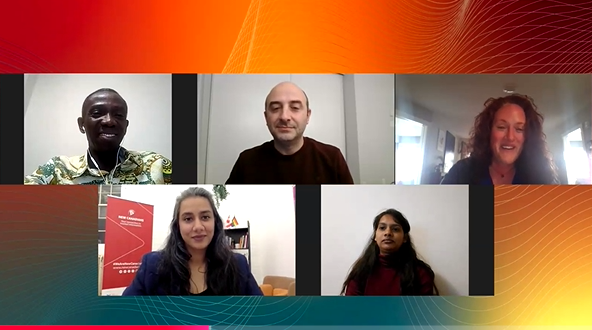
This blog article highlights the collaboration between PASS and New Canadians TV Network, their work in supporting internationally educated nurses (IENs) with credentialing, registration, and integration into the Canadian healthcare system, and the personal experiences of IENs navigating the registration process. Key services offered by PASS include resume and interview preparation, case management, webinars, and […]
3 Tips for Immigrating Nurses before arriving in Canada

Are you an Internationally Educated Nurse planning to immigrate to Canada? The Pre-Arrival Supports and Services Program (PASS), funded by Immigration Refugees and Citizenship Canada, is here to support your journey! The PASS pre-arrival program is for Internationally Educated Nurses (IENs) who are still living outside of Canada and have been approved for permanent immigration […]
Register to watch : October 3
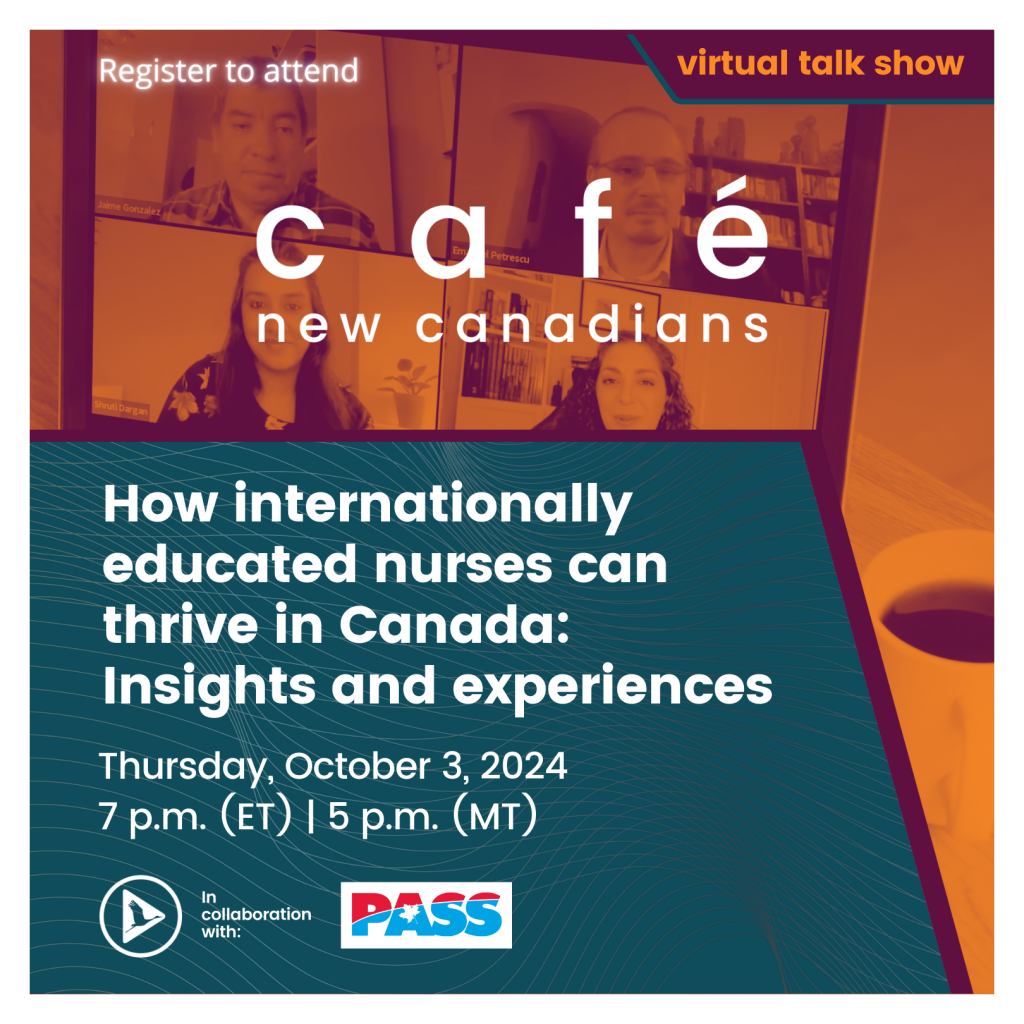
In this session of the Café New Canadians virtual talk show, produced by New Canadians TV Network in collaboration with the Pre-Arrival Supports and Services Program (PASS), we will discuss tips, preparation, pathways and support for internationally educated nurses to thrive in Canada. You will also learn about the PASS Program for internationally educated nurses […]
What are pre-arrival services?
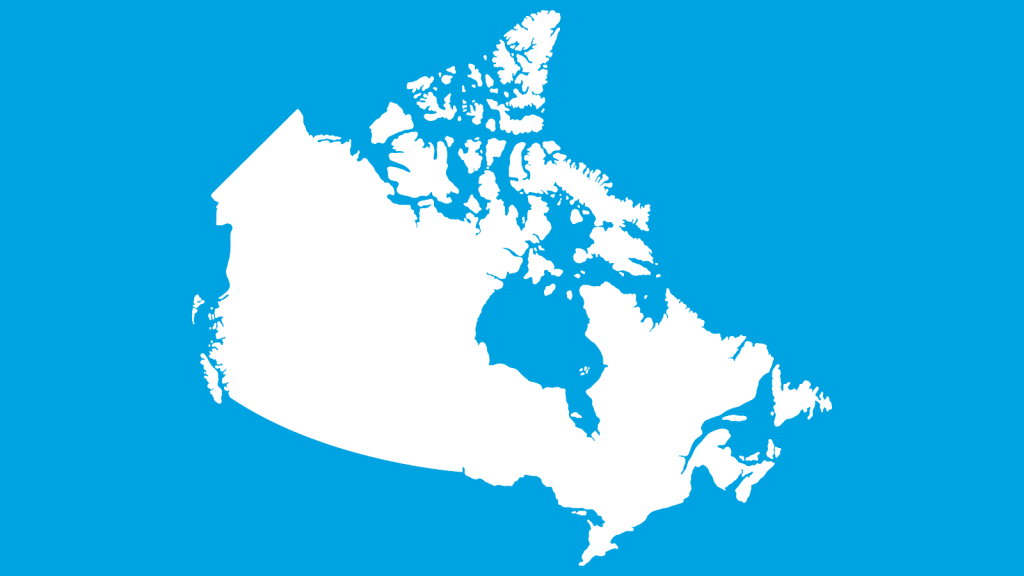
Pre-arrival programs can help you get information on how to move to, live and work in Canada. Pre-arrival programs assess your needs and create a personalized plan to help you settle in Canada. They’ll connect you with any other pre-arrival services you need and with organizations for services you can get after you arrive in […]
Welcoming Week 2024
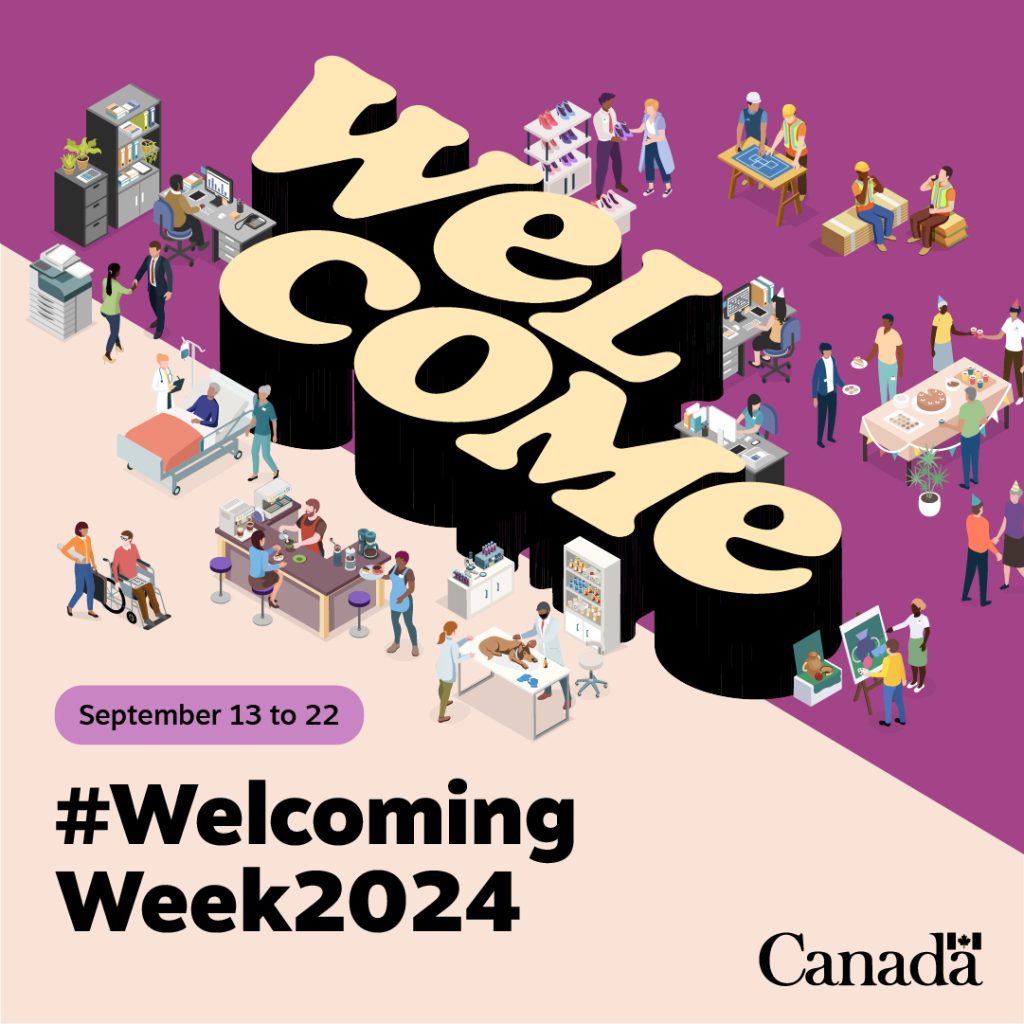
Welcoming Week is an annual opportunity to recognize and celebrate the people, places and values that help everyone feel welcome and give them a sense of belonging in their local community, no matter where they come from. About Welcoming Week Welcoming Week is an annual campaign and celebration to showcase the movement of communities striving […]
